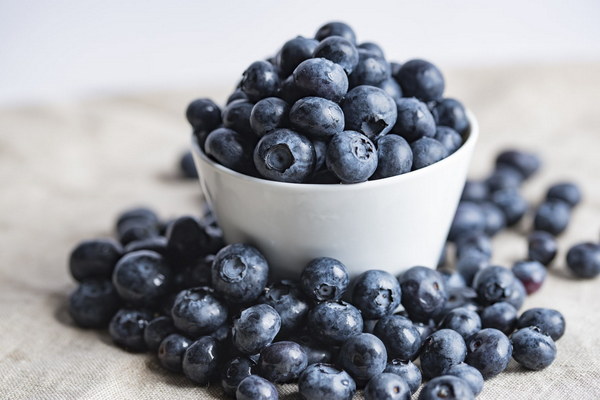Can Black Pepper Boost Your Qi and Blood A Comprehensive Guide
Introduction:
Black pepper, a common spice found in many cuisines around the world, has been used for centuries in traditional medicine for its various health benefits. One of the most intriguing claims about black pepper is its ability to boost qi and blood. But does it really work? In this article, we will explore the scientific evidence behind this claim, its traditional use, and how black pepper can potentially benefit your health.
What is Qi and Blood?

In traditional Chinese medicine (TCM), qi and blood are fundamental concepts that represent the vital energy and life force of the body. Qi is responsible for the body's overall function, including metabolism, immune response, and energy levels. Blood, on the other hand, is vital for nourishing the body's tissues and organs, maintaining skin health, and ensuring proper organ function.
The Claim: Black Pepper for Boosting Qi and Blood
According to TCM, black pepper has warming properties that can help boost qi and blood circulation. This claim is based on the belief that black pepper can stimulate the body's energy flow, improve digestion, and enhance the absorption of nutrients. Moreover, it is said to have anti-inflammatory, analgesic, and antioxidant properties that contribute to overall health.
Scientific Evidence:
While there is limited scientific research on the direct impact of black pepper on qi and blood, some studies have shown promising results. Here are a few key findings:
1. Piperine: The active compound in black pepper, called piperine, has been found to enhance the absorption of certain nutrients, such as beta-carotene, vitamin C, and vitamin B6. This may contribute to better overall health and potentially improve the body's energy levels.
2. Anti-inflammatory properties: Black pepper has been shown to have anti-inflammatory effects, which may help reduce pain and inflammation in the body. This can lead to improved circulation and a better overall sense of well-being.
3. Digestive benefits: Black pepper is known for its digestive properties, which can help improve the absorption of nutrients and reduce bloating and gas. This, in turn, can contribute to better overall health and energy levels.
Traditional Use of Black Pepper in TCM:
In TCM, black pepper is often used in combination with other herbs and ingredients to treat various health issues. Some common uses include:
1. Improving circulation: Black pepper is believed to improve blood flow, which can help alleviate conditions like cold hands and feet, and improve overall circulation.
2. Enhancing digestion: Black pepper's digestive properties can help improve the absorption of nutrients, leading to better energy levels and overall health.
3. Treating colds and flu: Black pepper is considered a warming spice, which can help relieve symptoms of colds and flu by promoting circulation and warming the body.
How to Incorporate Black Pepper into Your Diet:
Adding black pepper to your diet is relatively easy. Here are a few suggestions:
1. Season your meals: Sprinkle black pepper on your favorite dishes, such as roasted vegetables, grilled meats, or salads.
2. Black pepper tea: Brew a cup of black pepper tea by steeping ground black pepper in hot water. You can add honey or lemon for added flavor and health benefits.
3. Black pepper smoothie: Add a pinch of black pepper to your smoothie for a boost of flavor and potential health benefits.
Conclusion:
While the scientific evidence supporting the claim that black pepper can boost qi and blood is limited, there are several potential benefits to incorporating black pepper into your diet. Its anti-inflammatory, digestive, and nutrient-enhancing properties may contribute to improved overall health and well-being. As with any supplement or dietary change, it's essential to consult with a healthcare professional before making significant changes to your lifestyle.









